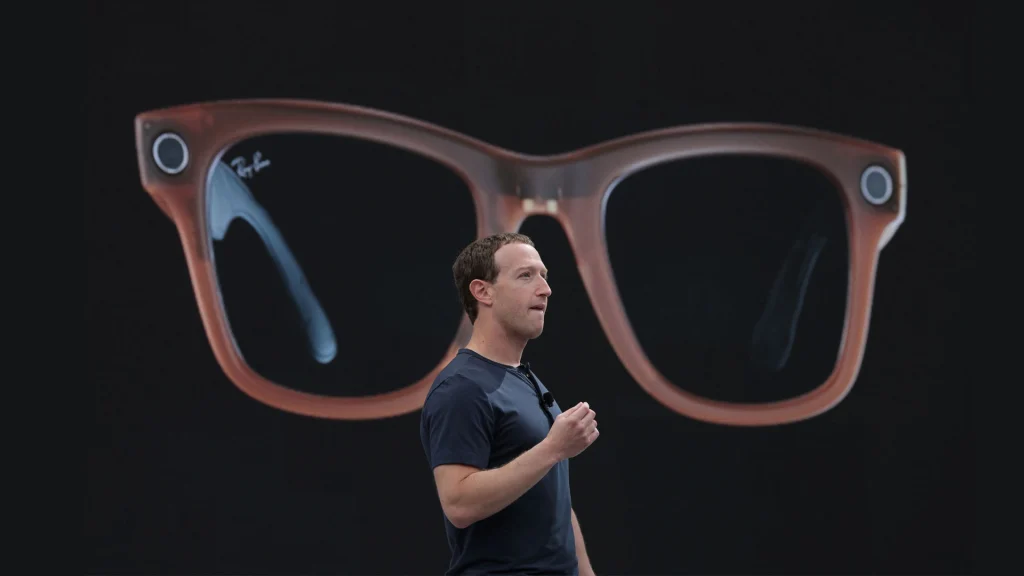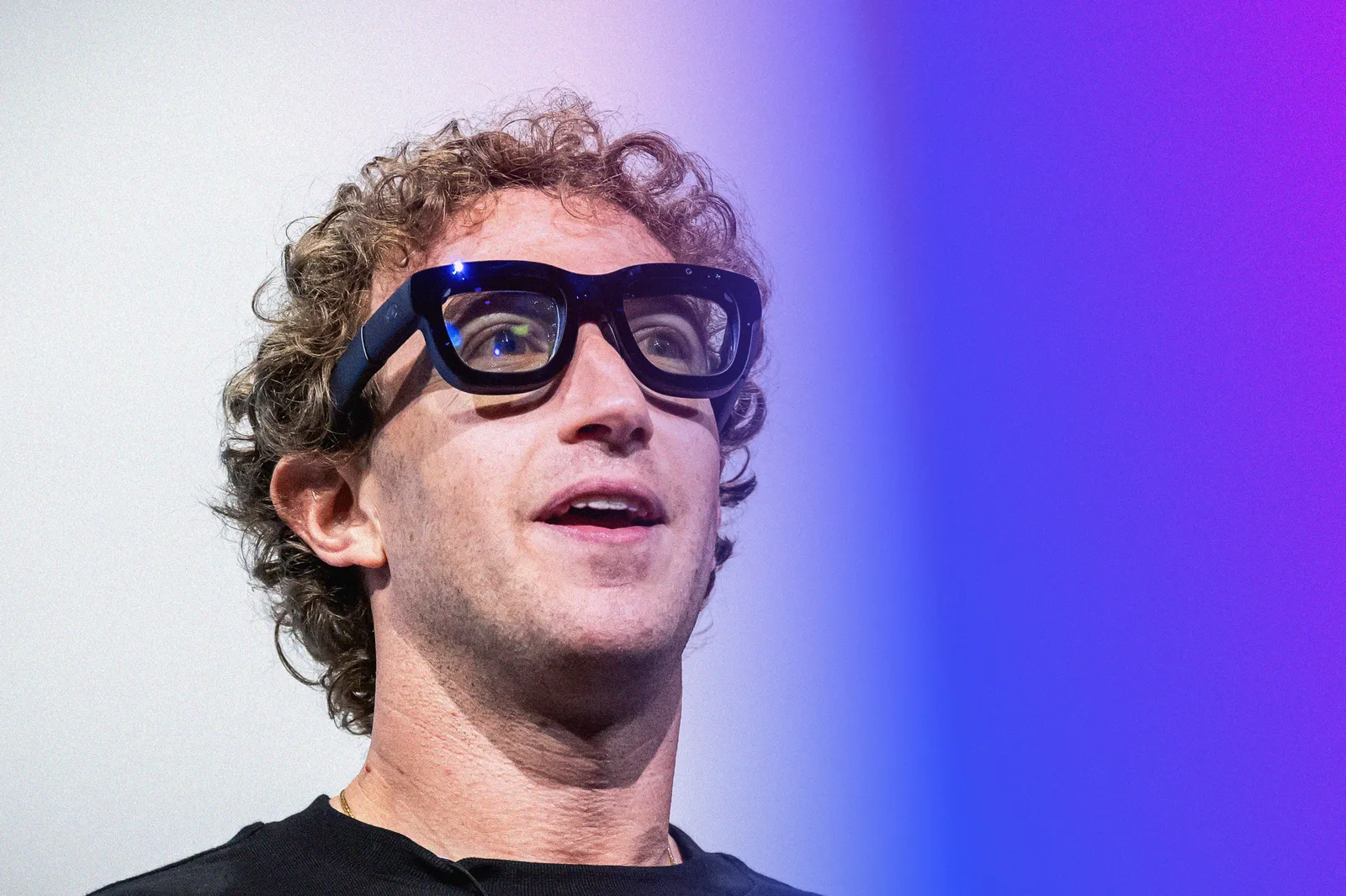Meta: Bold Move into Smart Glasses,Can Orion Compensate for Its Smartphone Miss?
At Meta Connect developer conference, CEO Mark Zuckerberg introduced Orion, an innovative pair of smart glasses aimed at revolutionizing personal computing. Having dominated online social connections for the past two decades, Meta acknowledges its oversight in not entering the smartphone market. Now, with a significant investment in connected hardware, the company is focusing on face-mounted computers.
During the event in Menlo Park, California, Meta unveiled the affordable Oculus Quest 3S virtual reality headset and enhanced, AI-powered Ray-Ban Meta smart glasses, but the spotlight was on the Orion prototype. Zuckerberg emphasized that these glasses are not your typical smart displays; they are designed to potentially replace smartphones for various tasks.
Zuckerberg showcased how Orion glasses can project multiple virtual displays, facilitate quick message responses, enable video chatting, and even support gaming—all without needing to reach for a phone. Users will navigate these interfaces using voice commands, finger taps, or by looking at virtual objects.
A unique feature of the Orion glasses is the “neural interface,” which interprets brain signals through a wrist device first teased three years ago. However, specifics on functionality and consumer availability were not disclosed, nor were the potential privacy implications of integrating visual AI with a vast personal data repository.

Zuckerberg described the Orion glasses as utilizing a novel display architecture, employing projectors in the glasses’ arms to cast waveguides into the lenses. This setup reflects light into the wearer’s eyes, creating volumetric images that appear with depth and shape, rather than flat graphics.
The Orion glasses offer a 72-degree field of view, significantly broader than most current headsets, enhancing engagement for applications like gaming, social media, and content consumption. This advancement was highlighted by Anshel Sag, a principal analyst at Moor Insights & Strategy.
While the holographic display concept is groundbreaking, similar technology has been attempted by companies like Snap and Magic Leap, which have used projectors and waveguides in their glasses. Meta maintains that Orion’s display is unique, using silicon carbide lenses and efficient uLED technology for optimal performance.
Currently, Meta has not revealed the pricing for developers or future consumers. Orion remains an experimental product, described by Zuckerberg as a “time machine” offering a glimpse into an exciting future.
Orion signifies Meta’s commitment to the mixed-reality landscape, competing with major players like Apple and Samsung, as well as social media rivals like Snap. While Apple’s strategy involves premium hardware emphasizing design and integration within its ecosystem, Snap mirrors Meta’s approach by releasing developer-focused holographic glasses.
As Meta continues to explore this innovative technology, the potential impact of Orion on the way we interact with digital content remains to be seen.



